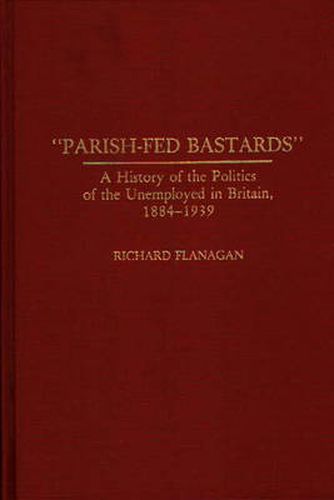Readings Newsletter
Become a Readings Member to make your shopping experience even easier.
Sign in or sign up for free!
You’re not far away from qualifying for FREE standard shipping within Australia
You’ve qualified for FREE standard shipping within Australia
The cart is loading…






This work offers a study highlighting the active political nature of the unemployed rather than one of passive victims of the system whose existence signals economic decline and social injustice. Starting in 1884, the efforts of the unemployed to unite together are traced up to the formation of the National Unemployment Workers’ Movement in 1939. The author aims to lift the literature on the history of the unemployed out of what he considers a largely fictionalized view and into a historically relevant account. He examines how the unemployed related to their society and how they were able to overcome their diversity at times of crisis to form a single political voice and gain some control over their lives. The study draws conclusions about the relationship between unemployment and any industrialized society, about the viability of certain solutions to the conflicts between classes and, most importantly, about the political influence that even the most disadvantaged can exert if encouraged to take an active role in their future.
$9.00 standard shipping within Australia
FREE standard shipping within Australia for orders over $100.00
Express & International shipping calculated at checkout
This work offers a study highlighting the active political nature of the unemployed rather than one of passive victims of the system whose existence signals economic decline and social injustice. Starting in 1884, the efforts of the unemployed to unite together are traced up to the formation of the National Unemployment Workers’ Movement in 1939. The author aims to lift the literature on the history of the unemployed out of what he considers a largely fictionalized view and into a historically relevant account. He examines how the unemployed related to their society and how they were able to overcome their diversity at times of crisis to form a single political voice and gain some control over their lives. The study draws conclusions about the relationship between unemployment and any industrialized society, about the viability of certain solutions to the conflicts between classes and, most importantly, about the political influence that even the most disadvantaged can exert if encouraged to take an active role in their future.